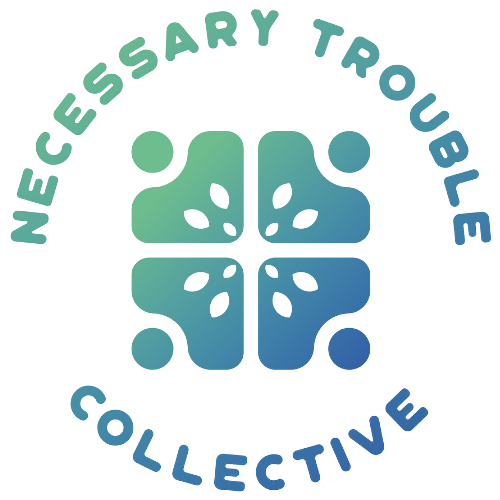DAY 28: Give up expecting BIPOC to call you in and do the work to be able to be called out
There is a lot of talk about being called in versus being called out, that people should “call in” racist behaviour instead of calling it out because it is more compassionate and more likely to lead to learning and awareness.
Calling someone in is “the act of explaining a friend or peer’s racist misstep with compassion and patience.” The key here is that it happens within a relationship with someone you know and trust.
Calling out is when you “issue a direct challenge to something someone said or did, usually in public and with the intent of getting the behaviour to stop or bringing awareness to others present.”
Calling in requires emotional labour because you extend compassion and care to the person while educating them about how or why their behaviour was racist. It is also risky because the person being called in will often deny or excuse their behaviour instead of hearing what is being offered as an invitation to learn and grow. For both of these reasons, it is unreasonable to expect BIPOC to call you in when you do or say something racist.
TIP: How to build your capacity to be called out:
First, accept that you hold unconscious racial bias - not because you are a racist but because you live in a society that upholds and perpetuates racist stereotypes and normalizes racism.
Next, learn how to work with shame and embarrassment so that you are able to resist reacting when these emotions are triggered. This involves cultivating awareness of your emotions and decoupling what you do from your sense of self worth.
Finally, seek and build supportive relationships with others doing antiracism work so that you have people who can give you the compassion and empathy you need when you mess up and who can help you understand why what you did or said was racist.
RESOURCES:
